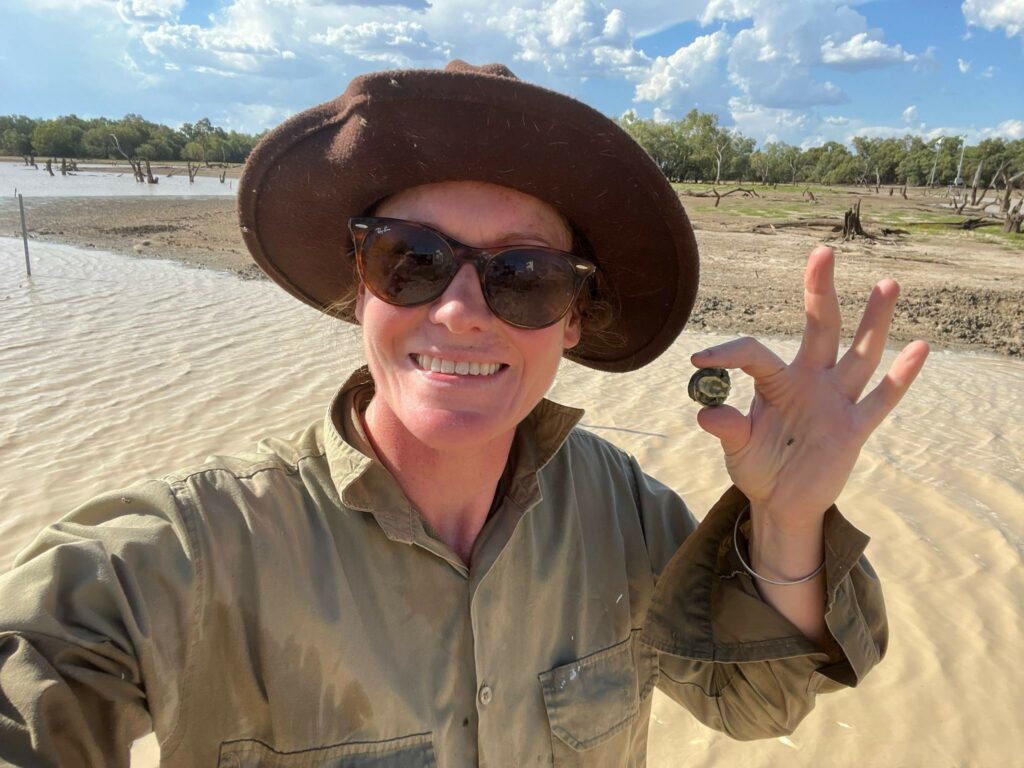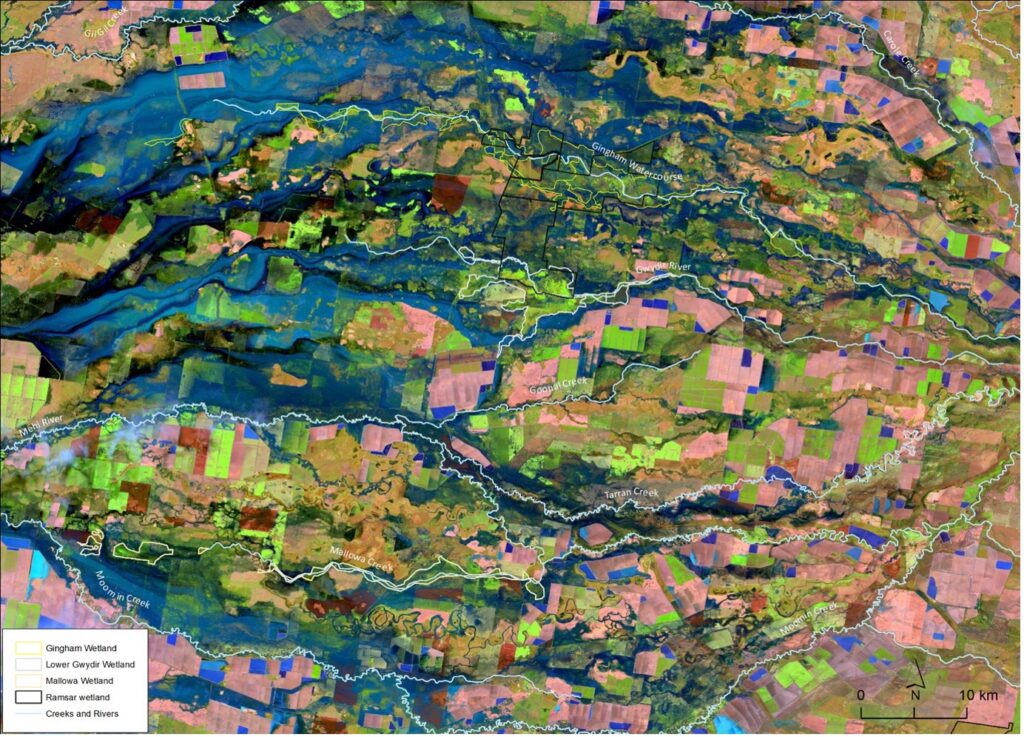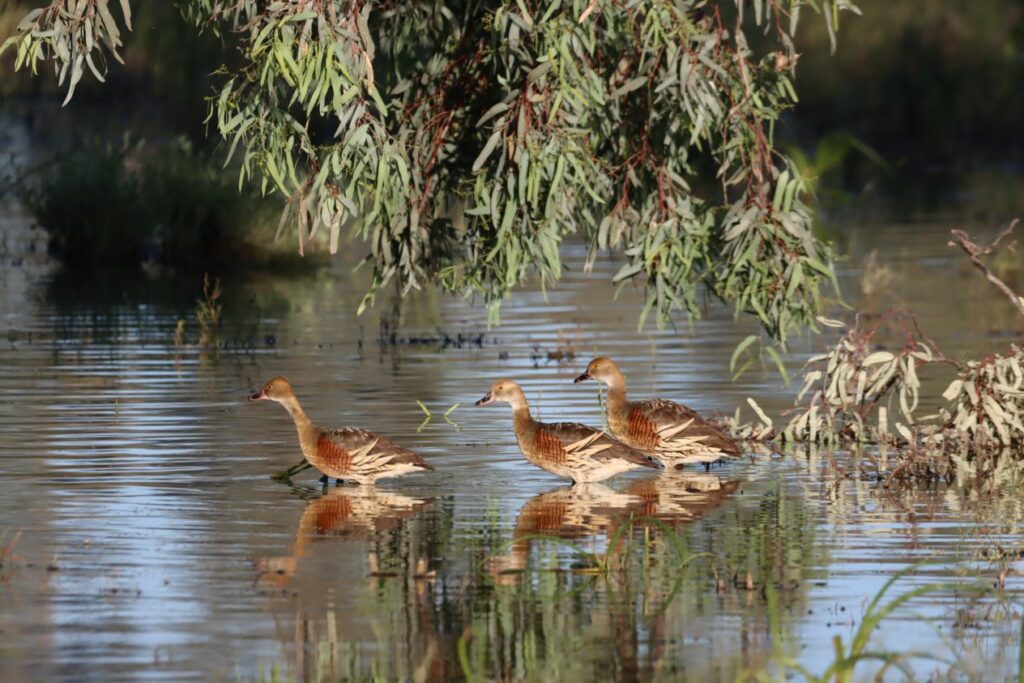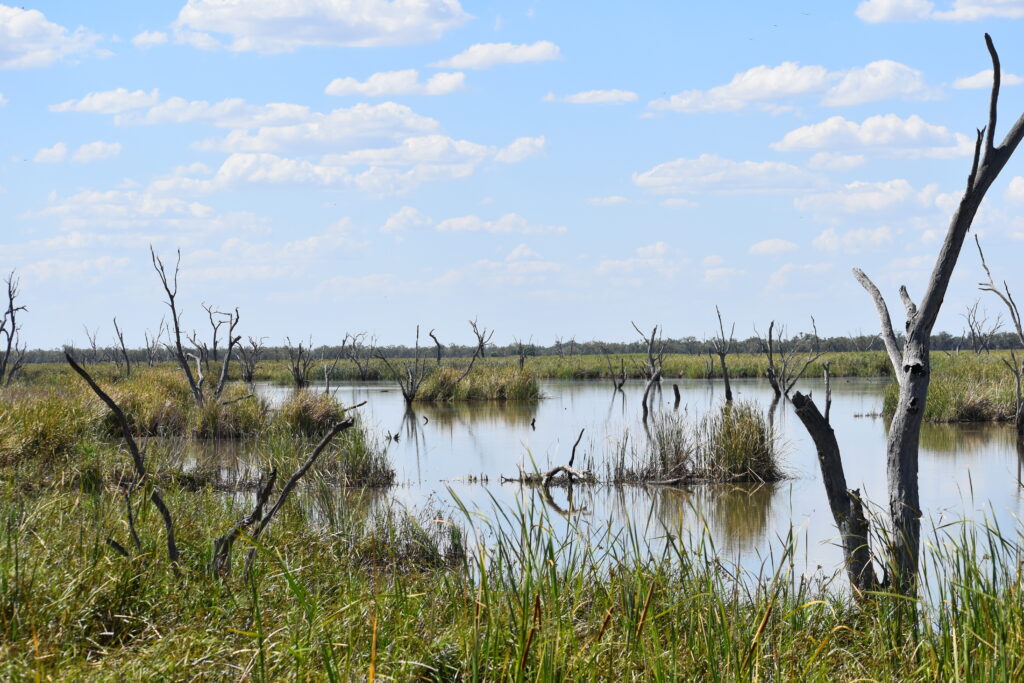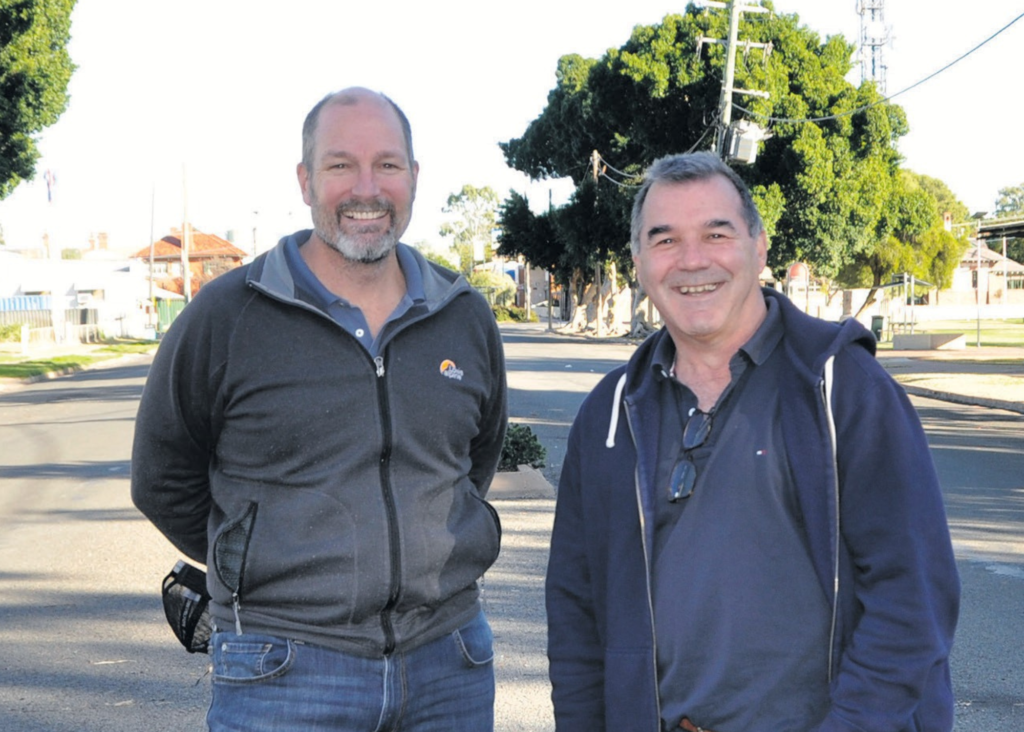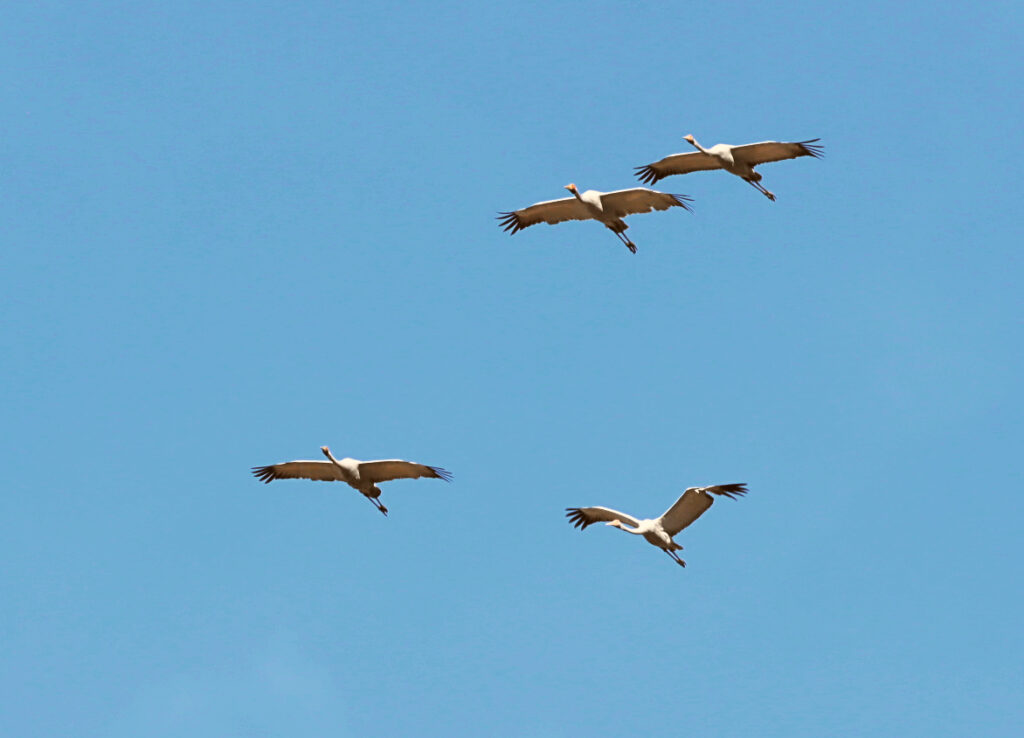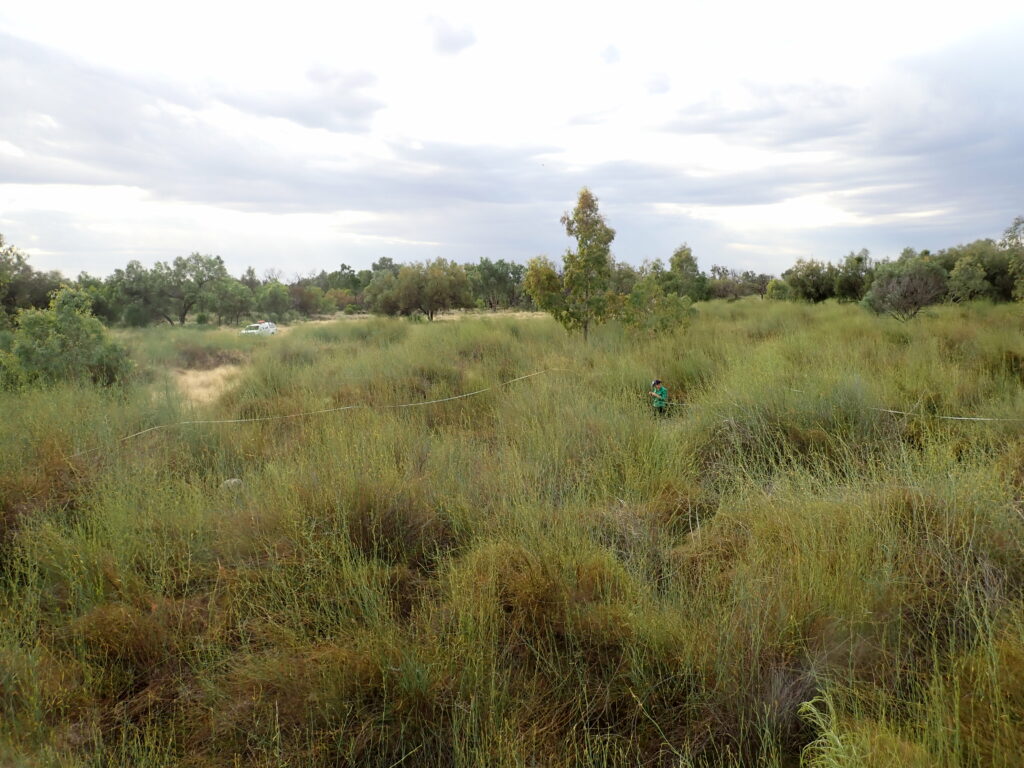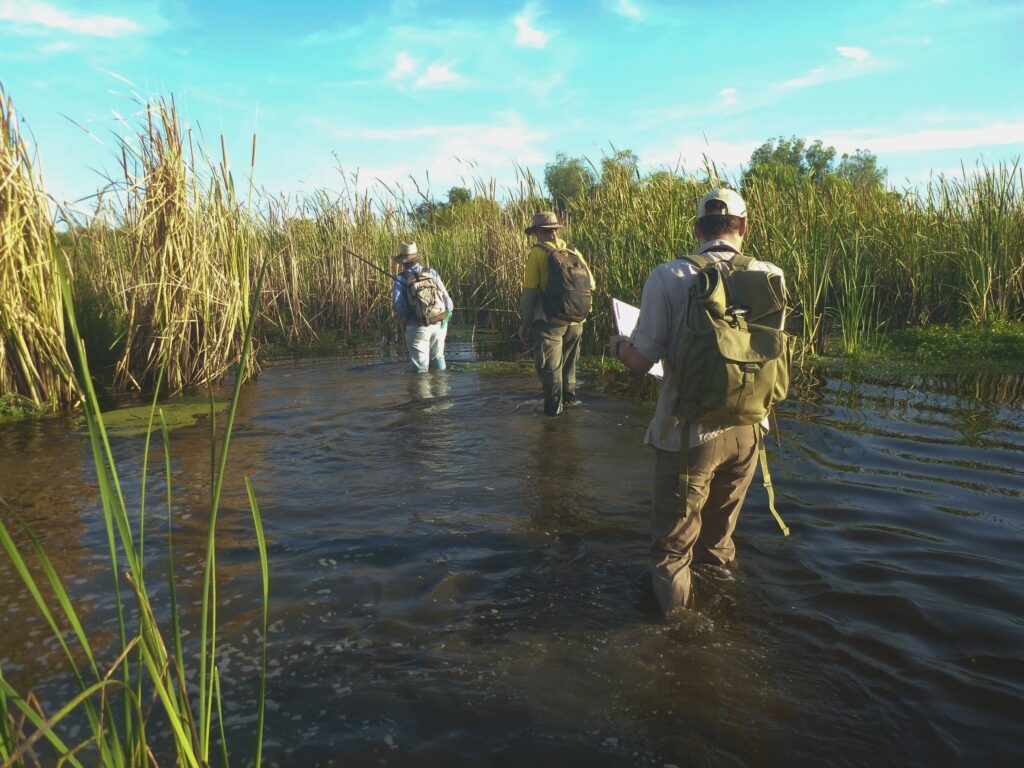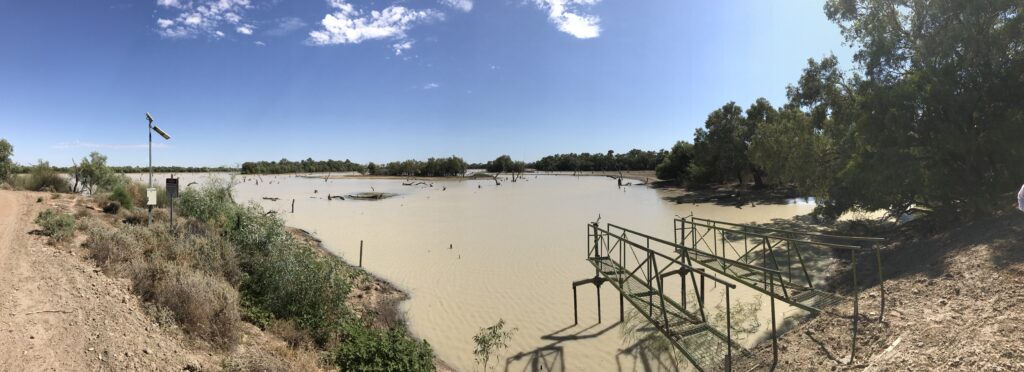22
Aug 23
Issue 42 Turtles of the Warriku (Warrego) Floodplain
February 2023 saw Dr Deborah Bower and her team return to Toorale National Park (NP) in the Warriku (Warrego) Catchment of Western NSW to continue research with the University of New England (UNE) on freshwater turtle populations in floodplains. Find out more here on their findings.
Read More
10
Aug 23
Issue 41 Species Benefits of Widespread Inundation in the Gwydir Warrambools
Hydrology is the study of when, where and how galie (water) is delivered into a bagaay (river) channel, floodplain or warrambool (wetland). The Long Term Intervention Monitoring and Flow-MER projects have tracked natural flows and releases of Commonwealth water for the environment into the Gwydir River since July 2014. This delivery of galie directly impacts galie quality and through this defines the living conditions for aquatic species, including gunambaay (waterbirds) andvegetation.
Read More
1
Aug 23
Issue 40 Commonwealth water for the environment supports breeding ducks in the Western Floodplain
Following the large inundation event Flow-MER scientists Jared Reid and Emeritus Professor Nick Reid undertook a waterbird survey. Many parts of the floodplain were still wet, providing great habitat for waterbirds.
Read More
19
Jul 23
Issue 39 Gomeroi Warrambools in the Gwydir Wetlands
The Gomeroi Warrambools (Gwydir Wetlands) make up a part of the Gomeroi Peoples Country. Its water is the life source of the Gomeroi People and has been for thousands of years. The wetlands play a major cultural and environmental role, and we explore many elements within with our Gwydir Flow-MER stories.
Read More
4
Jul 23
Bourke Newspaper and Radio starring Dr Paul Frazier and Dr Mark Southwell
Dr Paul Frazier and Dr Mark Southwell met up with Bourke's Western Herald Newspaper and Rod Corfe from Radio 2WEB to discuss the recent Culture to Science day at Toorale, a part of the Warrego-Darling Flow-MER project.
Read More
21
Jun 23
Issue 38 Sharing Cultural and Science Knowledge – Toorale
On June 17 the Kurnu-Baakandji People, 2rog Consulting, University of New England, DPI Fisheries and members from the Toorale Joint Management Committee and National Parks and Wildlife Services gathered on Toorale National Park to share cultural and science knowledge. Thank you to everyone who joined us for the day.
Read More
31
May 23
Issue 37 Western Floodplain Vegetation Communities – Wet and Dry Phases
The composition of inland floodplain vegetation communities, such as those on the Western Floodplain of the Warrego River, fluctuates as the floodplain alternates between wet and dry periods. Water loving species dominate wet periods, but as the floodplain dries these species die off, creating space for terrestrial species to move in.
Read More
24
May 23
Issue 36 Photo Journal of a Flow-MER Field Assistant
As part of the Flow-MER program, scientists investigate what impact Commonwealth environmental water flows are having on fish, birds, vegetation and river connectivity in the Murray-Darling Basin. Felix Noble works for the University of New England’s Aquatic Ecology Restoration and Research Group as a field technician. Felix Noble composed a photo essay compiled from multiple trips Felix has made with Flow-MER scientists to the Gwydir Wetlands and Toorale National Park.
Read More
21
Apr 23
Issue 35 Re-establishment of Hyrtl’s Tandan in the lower Warrego River
Whilst common to northern and central Australia, in the Murray-Darling Basin Hyrtl’s tandan is only present in the Warrego, Paroo (PaaRu) and Condamine Rivers. The preservation of Hyrtl’s tandan in the Warrego River is aided greatly by the contribution of Commonwealth water for the environment.
Read More


